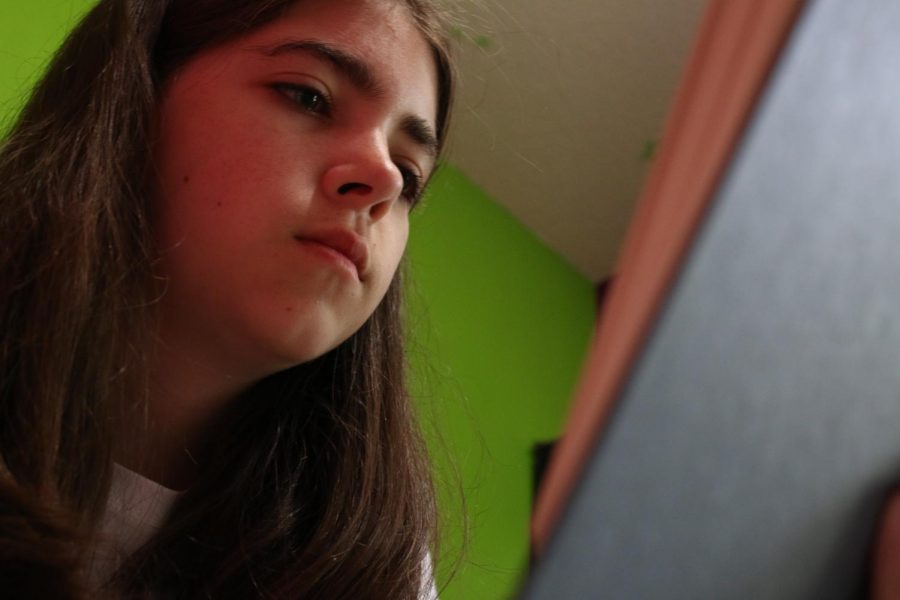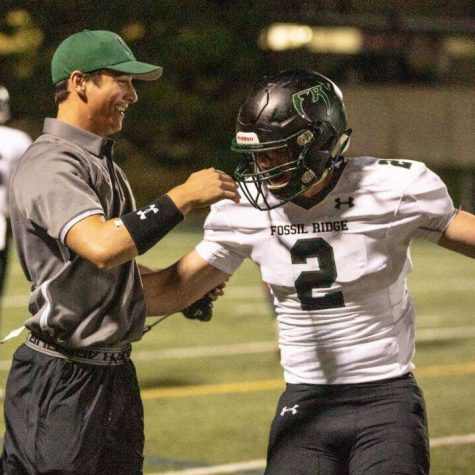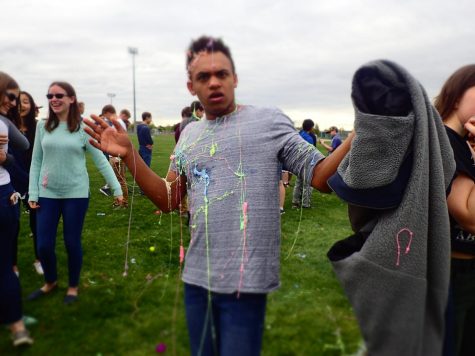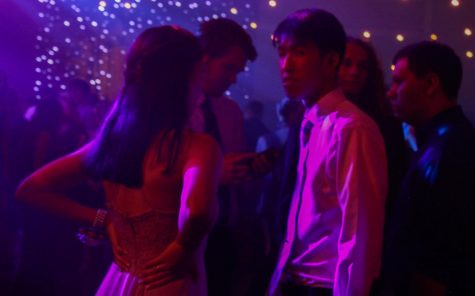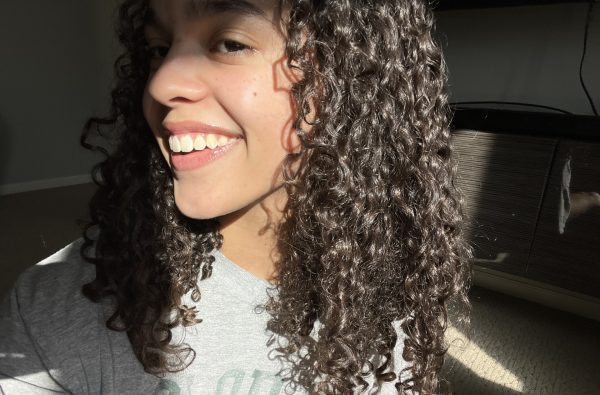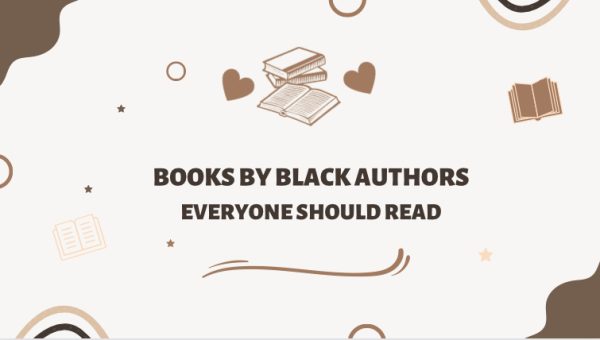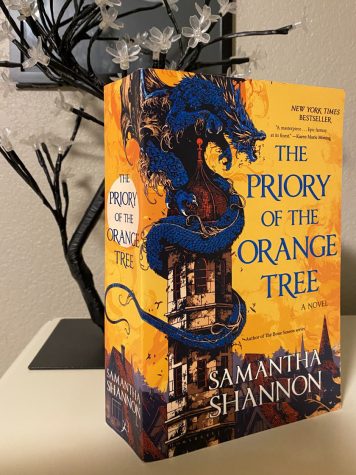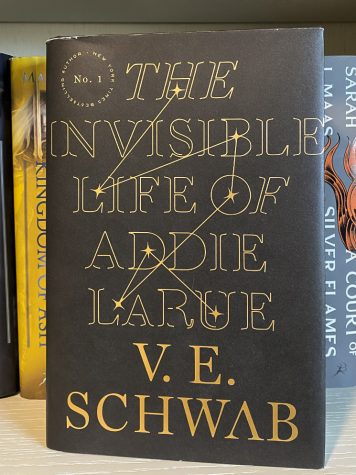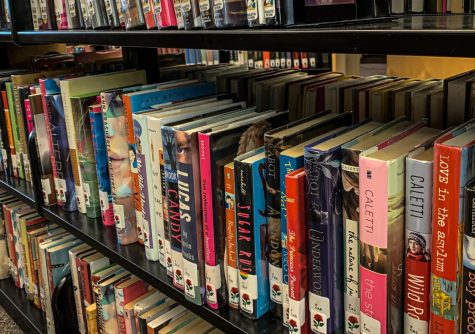Diversify Yourself: Read diverse books
For the last three years, I have done my best to read books outside of my usual comfort zones and made a point to support books written by and about minorities. The idea for my column comes from a campaign called We Need Diverse Books that I originally found on Tumblr, and while I have not always stuck to my goal of pointedly diverse books, I believe that I have still gained a lot from this experience. By keeping up with this column, I have continued to read in my free time despite having increased school responsibilities from AP classes and honor societies. I want to use this last installment to encourage anyone reading this article to continue reading books as well, even if they only read one book each semester.
Reading books, especially diverse books, opens up our minds to worlds which we may have no other chance to see. Whether it is fiction or nonfiction, romance, horror, or fantasy, books teach us life lessons that we would not always have the opportunities to learn ourselves. This is not to say that we should never experience new things on our own just because reading about them once suddenly allows us to know all the secrets to the universe. However, reading helps us understand people and places different from ourselves, so that when we do come across these new experiences, we can limit the prejudice we place on others.
When I read How It Went Down by Kekla Magoon or The Hate U Give by Angie Thomas, I was granted an inside look into the side of racial tension and discrimination that I myself will never experience. I read about the unimaginable terror young African-Americans face in the United States when they are pulled over by police officers on a Friday night after breaking no laws and the dangers and pressures of joining a gang that they face in countless cities across the country. Reading, for me, gives me an inside perspectives on people’s lives, because authors often write in such a compelling way that I see what their characters see, and feel what they feel. When what I read about is usually something that I only see on the news, it gives me a different, closer perspective than simply listening to a reporter’s account of protests and shootings.
Tiny Pretty Things showed me a dramaticized world of young women struggling with staying true to their cultures and families while following their dreams. Everything Leads to You gave me a typical coming-of-age story while displaying unique characters and LGBT relationships that reflect my friends but not other media that I frequently see. Everyone on the earth has a unique story. Stories different from our own may be difficult to understand or empathize with, but reading about these stories helps us communicate and sympathize with others. I encourage everyone to read diverse books, not because it makes us look smarter or more sophisticated, but because it gives us the world in ways that other media cannot. So read. Read diverse books, read short books, long books, “classic” novels, or fanfiction. Read and open your mind to new people and experiences, and continue to read throughout your life. I promise you that it is worth it.
Your donation will support the student journalists of Fossil Ridge High School. Your contribution will allow us to purchase equipment and cover our annual website hosting costs.
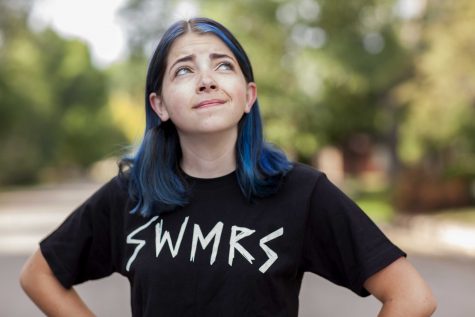
Serena Bettis, senior, is entering into her third year on the Etched in Stone staff as this year’s Editor-in-Chief. A four year journalism student, she has high hopes for Etched in Stone this school year, and wants to be able to guide the staff in achieving their goals as much as possible. While Bettis...



